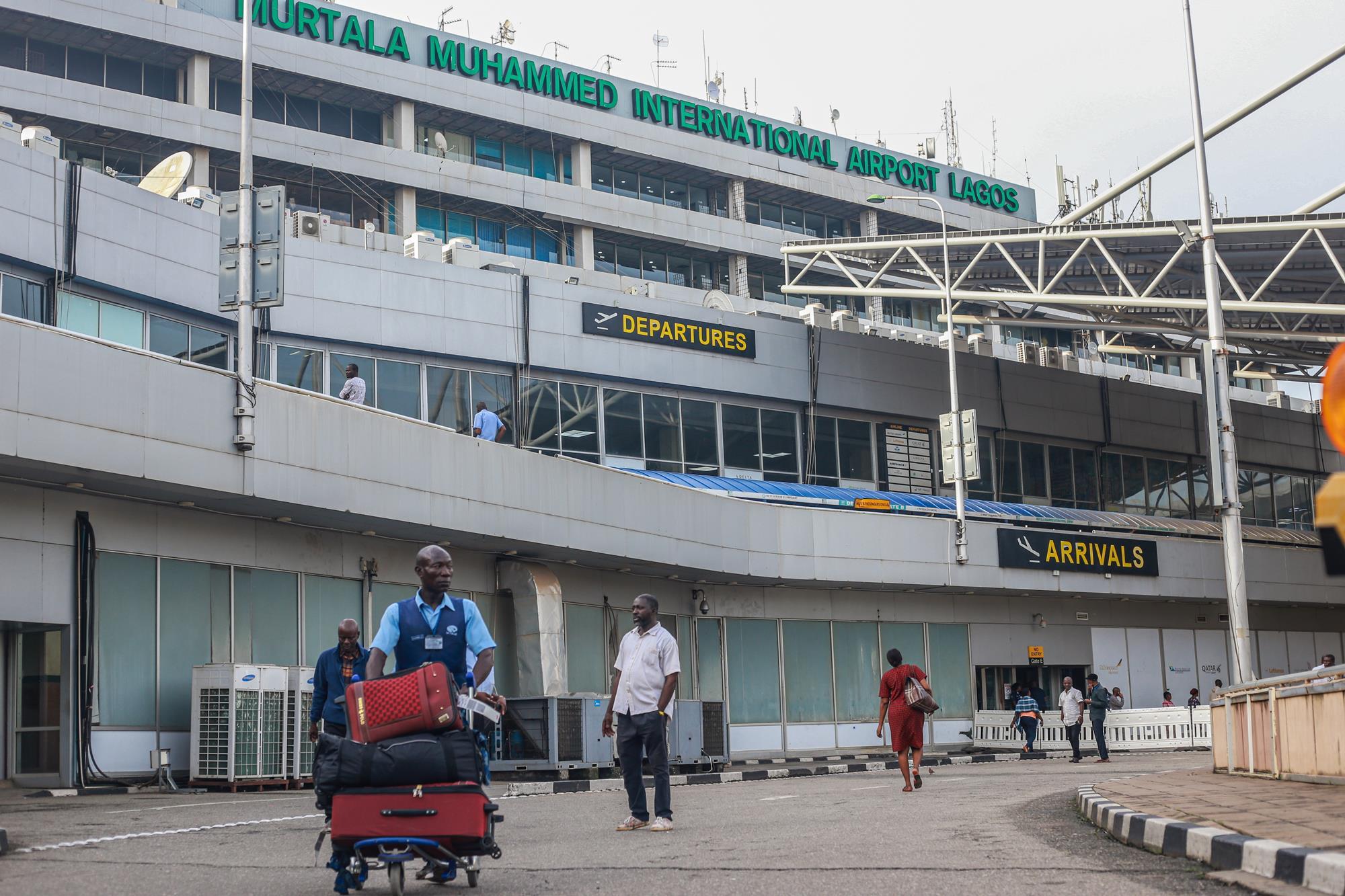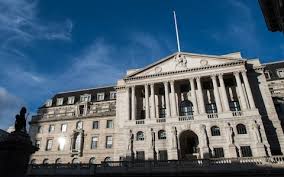
Government must focus on Brexit aviation deal to avoid trade hit
The Government has been urged to focus on the aviation industry in its Brexit talks if the country is to avoid suffering a hit to trade and investment
The Independent Transport Commission think-tank, one of the country’s leading research charities, has issued a report claiming a lack of support for the sector could lead to trade suffering once the UK leaves the EU.
Its research, authored by former Bank of England economist Rebecca Driver, points to the “huge economic value” of the aviation industry. It adds that Brexit will have a “significant impact on the regulatory framework governing trade in aviation” making it even more essential the UK retains global aviation ties.
Establishing new aviation agreements with the EU is deemed critical given there are no historic rules to fall back on should a deal not be struck. Many industries could operate on World Trade Organisation rules. But Air Service Agreements, which enable cross-border aviation, are struck on a bilateral basis between individual countries. This means there is no underlying global framework to fall back on.
“In order to preserve the UK’s air connectivity, the UK will need to ensure that there is a timely renegotiation of a significant number of aviation treaties, including with third countries such as the US, as well as with the EU,” the report states.
The UK’s large aviation manufacturing sector was also singled out as an area of potential concern due to its reliance on factories across the globe. In 2016, the trade surplus in aircraft and aircraft parts in the UK was the largest of any of the country’s goods sectors, showing how important the industry is to UK plc.
“The aviation manufacturing sector is part of significant global supply chains, with aircraft being assembled from parts from many different countries,” it said. “This means that the competitiveness of the UK sector will depend on minimising regulatory barriers post-Brexit.”
Air passenger duty, the levy bemoaned by the industry for its high rate compared to other nations, also drew criticism from the report.
“If the UK is going to achieve its vision of becoming a truly global player post-Brexit, having a tax that penalises travel to far-flung locations is likely to be counter-productive,” it said. Cutting or even removing the tax seems unlikely in the near future, however, given moves by Philip Hammond the Chancellor, in his Budget last month to increase the rate for those flying business class or with private jets.
More broadly, the research showed the importance of aviation by stating that a new airline route between two metropolitan areas leads to a 4.6pc increase in venture capital investment, while a 10pc increase in the number of intercontinental flights leads to a 4pc increase in business headquarters.
Matthew Niblett, director of the ITC, called for decisive action from the Government given trade talks were about to begin with the EU and the UK’s aviation policy remained “bogged down” in Parliament.







